The Importance of Permit Management in the Material Handling Industry
In the material handling industry, permit management plays a crucial role in ensuring the safety and efficiency of operations. It involves obtaining and managing permits for various activities such as equipment operation, construction, and maintenance.
Ensuring Compliance with Regulations
One of the primary reasons why permit management is essential in the material handling industry is to ensure compliance with regulations. There are strict regulations in place to protect workers, equipment, and the environment. By obtaining the necessary permits, companies can demonstrate their commitment to adhering to these regulations.
Permit management helps companies stay up to date with changing regulations and ensure that their operations are in compliance. It involves understanding the specific requirements for each activity and obtaining the necessary permits before starting work. This helps prevent costly fines and penalties that can result from non-compliance.
Enhancing Safety
Safety is a top priority in the material handling industry, and permit management plays a crucial role in enhancing safety. By obtaining permits, companies can assess potential risks and implement necessary safety measures before starting any activity.
Permit management involves conducting risk assessments and developing safety plans. This ensures that workers are aware of the potential hazards associated with their tasks and are equipped with the necessary knowledge and protective equipment. It also helps in identifying and addressing any potential safety gaps or issues before they become a problem.
Optimizing Efficiency
Effective permit management can also help optimize efficiency in the material handling industry. By obtaining permits in advance, companies can plan their activities and allocate resources accordingly. This helps prevent delays and disruptions that can occur if permits are not obtained on time.
Permit management also involves coordinating with various stakeholders, such as regulatory authorities and contractors. By streamlining the permit acquisition process and ensuring clear communication, companies can minimize downtime and maximize productivity.
Additionally, permit management allows companies to track and monitor their activities. This helps identify areas where improvements can be made and optimize processes for future projects. By analyzing data from permit management systems, companies can identify bottlenecks, streamline workflows, and make informed decisions to enhance overall efficiency.
Conclusion
Permit management is a critical aspect of the material handling industry. It ensures compliance with regulations, enhances safety, and optimizes efficiency. By implementing effective permit management practices, companies can create a safer work environment, avoid costly penalties, and improve overall operational performance.
